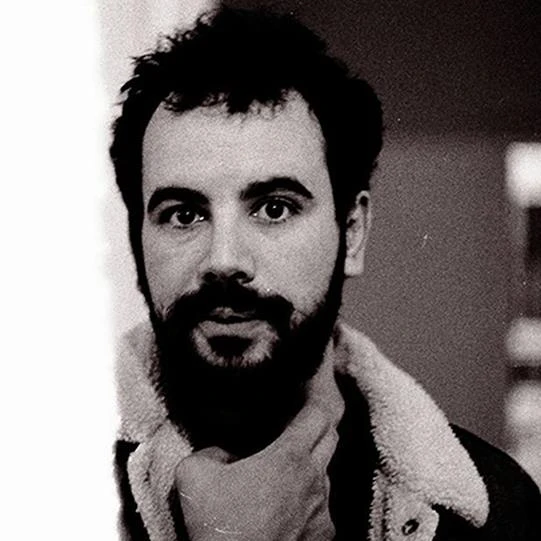In the gardens of Carthage in Tunis—a new neighbourhood where modern constructions rub shoulders with abandoned construction sites and vacant scrubby lots—Batal and Fatma are investigating a strange case of immolation. The charred body of the caretaker of a vacant building has been discovered on the site. It is strange as usually, cases of self-immolation come with clear political statements and often take place in city centres and public spaces. The confusion grows when a new calcined body is found in the same neighbourhood.
In the gardens of Carthage, a new district where modern buildings are juxtaposed with abandoned sites and wastelands, the body of a caretaker is found calcined in the middle of a construction site. Batal and Fatma are in charge of the investigation and begin by questioning the workers of the neighbouring yards. The police quickly conclude suicide by immolation, a gesture of despair. Batal and Fatma refute this thesis. Why choose a place so reclusive when usually one immolates oneself in the city centres, hoping to provoke a popular reaction? A few days later, in the same neighbourhood, a teenager is found dead in the middle of a wasteland, also calcined. Our investigators are far from imagining what will happen next...

